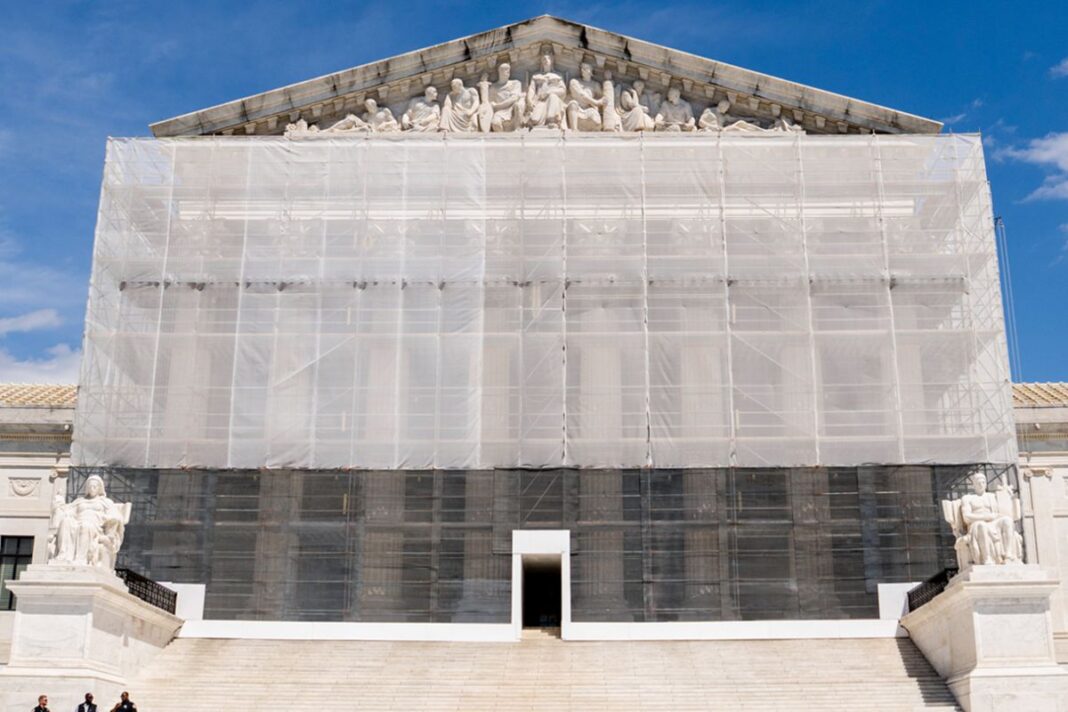The court allowed parents to opt their children out of lessons using LGBT-themed books.
The Supreme Court on June 27 ruled that Maryland parents can, for religious reasons, opt their children out of school reading lessons that use LGBT-themed books.
In 2022, schools in Montgomery County, Maryland, introduced a series of books with LGBT themes into their English and language arts curriculum for students in kindergarten through fifth grade.
Initially, the school board agreed to notify parents when the books would be used, and allowed the children to sit out the lessons if the parents objected.
But within a year, the schools withdrew the opt-out and notifications. They said the growing number of students skipping the reading sessions disrupted the classroom, while notifying parents placed a strain on school resources.
The Montgomery County Board of Education was also concerned that students whose parents allowed them to attend these reading sessions would face stigma from classmates who opted out.
Parents mounted a petition campaign, but the board was unrelenting.
Several Catholic, Muslim, and Eastern Orthodox families sued. They said that forcing students to attend LGBT-themed story hours violated their religious beliefs.
After suffering losses in district court and the Fourth Circuit Appeals court, the families saw the Supreme Court rule in their favor on Friday. It overturned the lower courts’ decision and affirmed parents’ opt-out rights while the case heads back to the Fourth Circuit for further review.
Here are a few key takeaways from the case, and possible future implications.
Court: Board Interfered With Parental Rights
The ruling was 6–3. Justices Sonia Sotomayor, Elena Kagan, and Ketanji Brown Jackson dissented.
Justice Samuel Alito, writing for the majority, said forcing children to attend the reading sessions “substantially interferes with the religious development” of the plaintiffs’ children and imposes an unacceptable burden on them.
“We reject this chilling vision of the power of the state to strip away the critical right of parents to guide the religious development of their children,” Alito wrote.
The majority also rejected the board’s claim that the opt-outs were too much of a burden on the schools, calling it a “self-inflicted” problem. Alito noted that the school system allows students to opt out of numerous other classes and activities.
The dissenting justices, in an opinion by Sotomayor, said the majority’s ruling gives parents too much power over educators via the Free Exercise Clause of the First Amendment.
“Today’s ruling threatens the very essence of public education,” she wrote.
“The Court, in effect, constitutionalizes a parental veto power over curricular choices long left to the democratic process and local administrators.”








